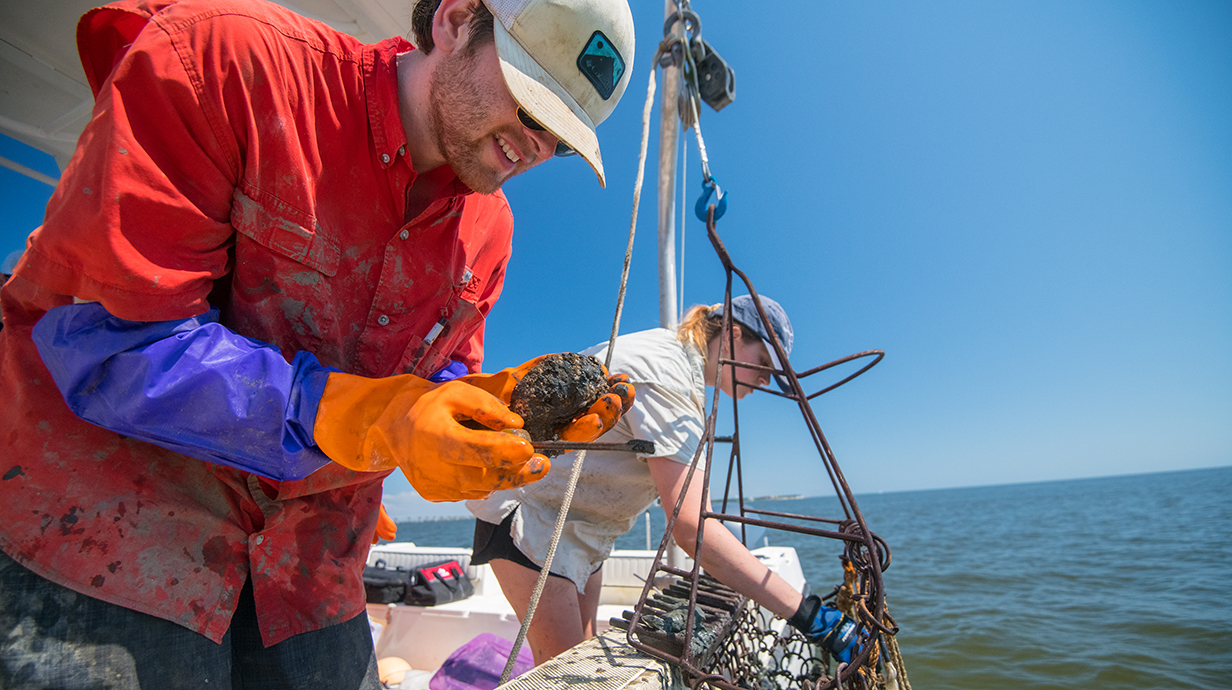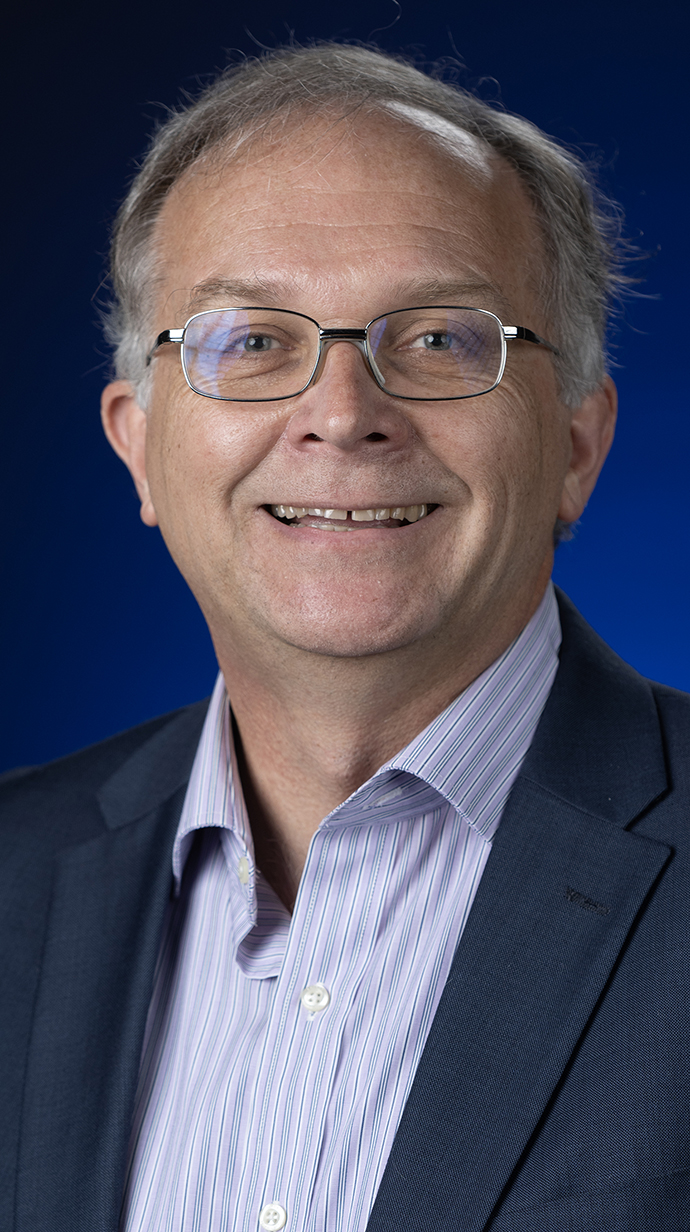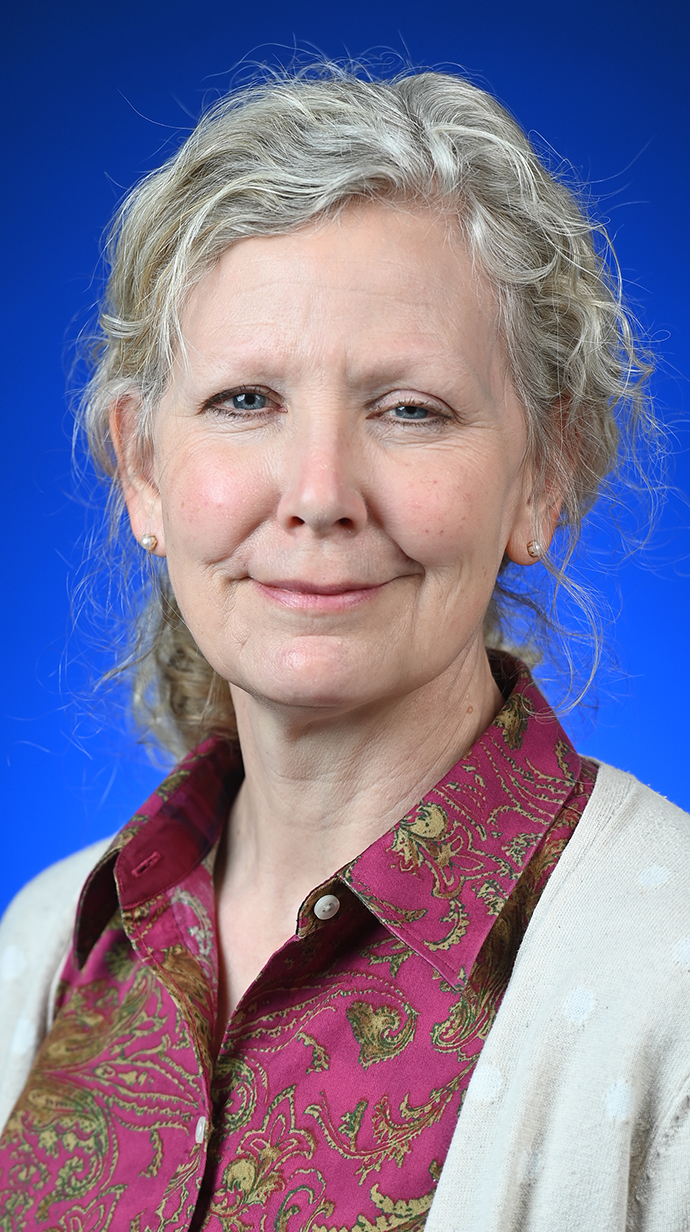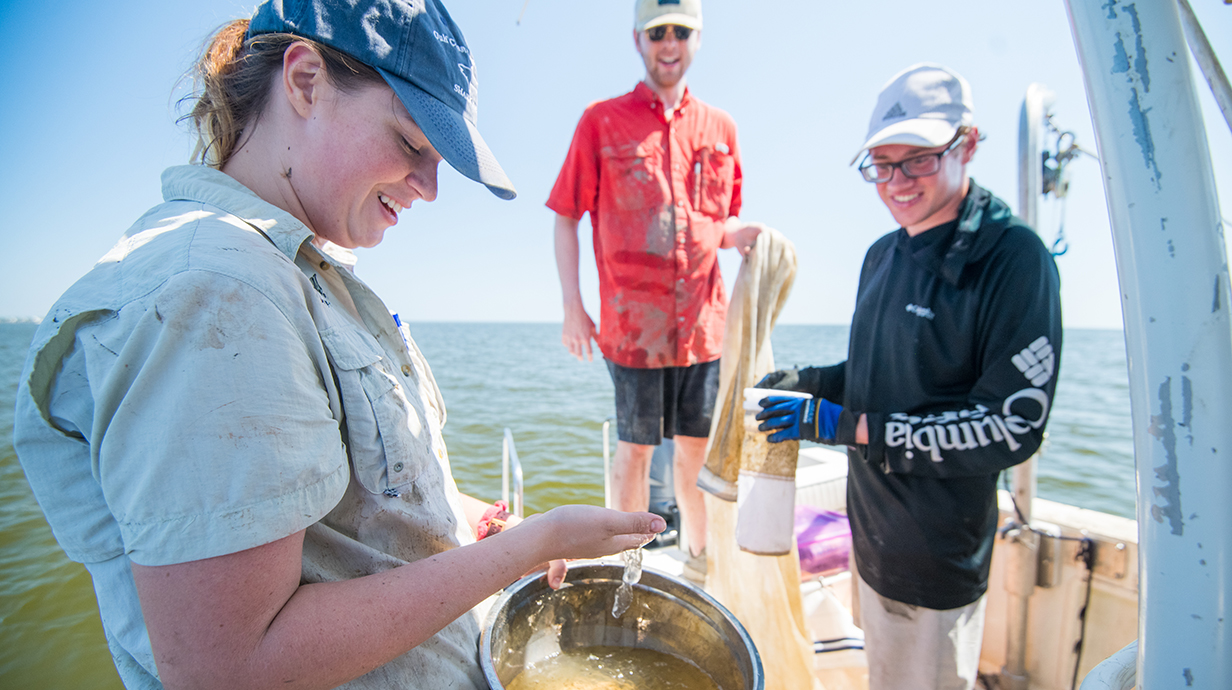University Launches Scholars Program to Tackle Gulf South Challenges
New program provides funding, fieldwork and real-world projects for Ole Miss students

OXFORD, Miss. – As one of the newest campuses in the Gulf Scholars Program, the University of Mississippi is working to prepare students to address some of the Gulf South's most pressing environmental and social issues.
The Gulf Scholars Program is a five-year project led by the National Academies of Sciences, Engineering and Medicine. It aims to bolster Gulf-region universities and their ability to train the next generation to address challenges in and around the Gulf.
"There are over 100 million people that live around the Gulf in the U.S. and Mexico, and coastal populations are growing," said Richard Buchholz, director of the university's Center for Biodiversity and Conservation Research. "As a consequence, the ecological, economic and cultural resources of the Gulf will decline unless we prepare future leaders to understand how to find sustainable balance between what people want and what nature can provide.

"We want to help students understand how to approach these complex problems with beneficial outcomes for all."
As a hosting campus for the program, Ole Miss will create new courses, fieldwork opportunities and community-centered projects on a variety of subjects that relate to the challenges and cultural significance of the Gulf South. Buchholz, also a professor of biology, and Kathryn McKee, director of the Center for the Study of Southern Culture, will co-direct the program.
The Mississippi River watershed is one of the largest in the world, draining water from 31 U.S. states and two Canadian provinces. All along the river – in areas such as the Mississippi Delta – communities, economies and ecosystems are often shaped by their relationship to the water.
This brings along benefits and potential challenges. These range from rich biodiversity and fertile farmland and fisheries to flood risks, erosion and pollution that can ripple downstream.
"One outcome we hope for is that students will see themselves as capable of intervening in the world around them," McKee said. "Global warming and other environmental concerns can feel so overwhelming that individual effort can seem pointless.
"But it isn't. People can make a difference in the lives of their communities by learning how to think creatively about challenges."
Each year, a cohort of at least 14 students will receive up to $6,000 to help fund two years of research and travel to watershed and coastal communities in the South. These students will have access to a new course titled Environmental Challenges in the Gulf South.

The program will also build on existing interdisciplinary courses, such as those offered in the new environmental studies major, and with programs such as the two Ole Miss centers.
"Southern studies is interdisciplinary by definition, inviting students to consider the U.S. South from a variety of perspectives," McKee said. "We're especially excited, then, by this opportunity to extend our interdisciplinary reach to partner with the Center for Biodiversity and Conservation Research.
"The study of the South begins with the granularity of place: soil, water, dirt. We are eager to engage more directly with the study of the environment at a moment when the health, not just of the region, but of the world depends upon our attention to it."
The program will also partner with the Mississippi Gulf Coast Community College faculty to help provide learning and research opportunities on the coast.
The program will give students access to a StudyUSA course focusing on the Mississippi Delta, where they will hear from lawmakers and residents on local sustainability and environmental conservation efforts.
For their capstone project in the second year of the program, students will create a place-based project on a topic or issue relevant to the Mississippi Delta or the Gulf. Working with a faculty mentor, the students will propose sustainable solutions to regional problems such as water diversion from the Mississippi River or the use of water as a coolant for artificial intelligence data centers.
"We're requiring that our Gulf Scholars engage with community members in order to experience the practical challenges of a planning a path forward when people have diverse needs and perspectives," Buchholz said. "Community members are also incredible resources of local knowledge and strong motivation for collaborative learning and planning with our UM Gulf Scholars.

Environmental toxicology master’s program graduates (from left) Ann Fairly Barnett and James Gledhill and chemistry graduate student Austin Scircle measure water quality and pH levels in the Mississippi Sound. Photo by Kevin Bain/Ole Miss Digital Imaging Services
"Ultimately, you can't make the world a better place unless everyone signs on to the plan."
The program will create public events and learning opportunities in conjunction with the Southtalks lecture series, the Oxford Conference for the Book and the Gammill Gallery in the Barnard Observatory.
"We also hope that students will be able to see quite literally how interconnected we are as a region, a nation and a hemisphere," McKee said. "North Mississippi constitutes an important part of the Gulf's watershed.
"What we do here matters to what happens there, and what happens in the Gulf matters far beyond just those waters."
This material is based on work supported by the National Academies of Sciences, Engineering and Medicine grant no. SCON-10001637.
Top: Ole Miss students dredge for oysters while conducting research into reasons behind the decline of oyster populations off the Mississippi coast. The Gulf Scholars Program will promote research and study of issues that affect the gulf and watershed communities along the Mississippi River. Photo by Kevin Bain/Ole Miss Digital Imaging Services
By
Clara Turnage
Campus
Office, Department or Center
Published
November 20, 2025
